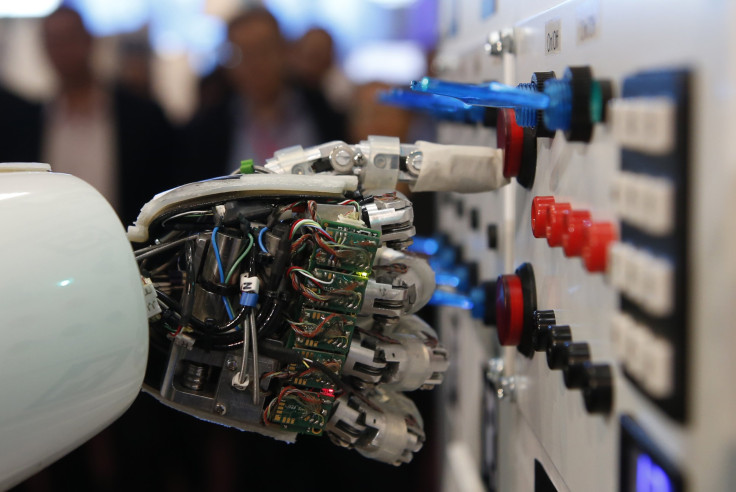Australian workers accept pay cut to stay relevant as robots threaten jobs

One in ten Australian workers have accepted a pay cut to save their jobs as artificial intelligence and robots threaten to lessen the human workforce. An analyst said whether new technology should make workers excited or worried depends on the situation.
Based on Galaxy’s Australian Futures Survey, proactive workers, 11 percent, accepted a pay cut to stay relevant. Some have upgraded their skills (38 percent), improved their performance (35 percent), logged longer hours (26 percent), looked for a new job (26 percent) or took a casual role (21 percent).
For social analyst David Chalke, it was not surprising that some Aussie workers would take a pay cut for job security. He said the majority of Australians are comfortable financially. “Our biggest worry at the moment is uncertainty about the future- of the country, of our own careers and jobs and uncertainty about what is it going to be like for our children,” he said.
“If you are 50-plus, tired, low paid and low skilled, you should be terrified because the jobs for you in the future are not going to be there, they will be automated,” Chalke added, according to news.com.au. On the other hand, he said that those who are bright, young, smart, adaptable and optimistic will always have jobs. Same with those who possess good interpersonal skills.
Nicole Robinson, a Queensland University of Technology researcher and PhD student, said that robots will be the new version of a computer, and that the new technology has the potential to help workers. In healthcare, for instance, she recognised that not all patients would prefer to talk to a robot, but it would be an option for those who want to. Robinson maintained it was not about replacing, but about enhancing.
The Australian mindset
The future of jobs was tackled by the #WTFAustralia campaign, which sought to start a conversation regarding main issues and encourage ideas. REA Group chief inventor Nigel Dalton, who was a panellist in the #WTFAustralia Future of Work discussion, said he was an optimist about predictions of automation.
Dalton said he was aware that work was going to change, but for him, what is important is the Australian mindset. He added that Australians are incredibly inventive people and have an amazing legacy of invention. He believes robots would take over some jobs, but workers could still ensure relevancy. This can be achieved through continual learning and philosophical thought.
RT/YouTube





















